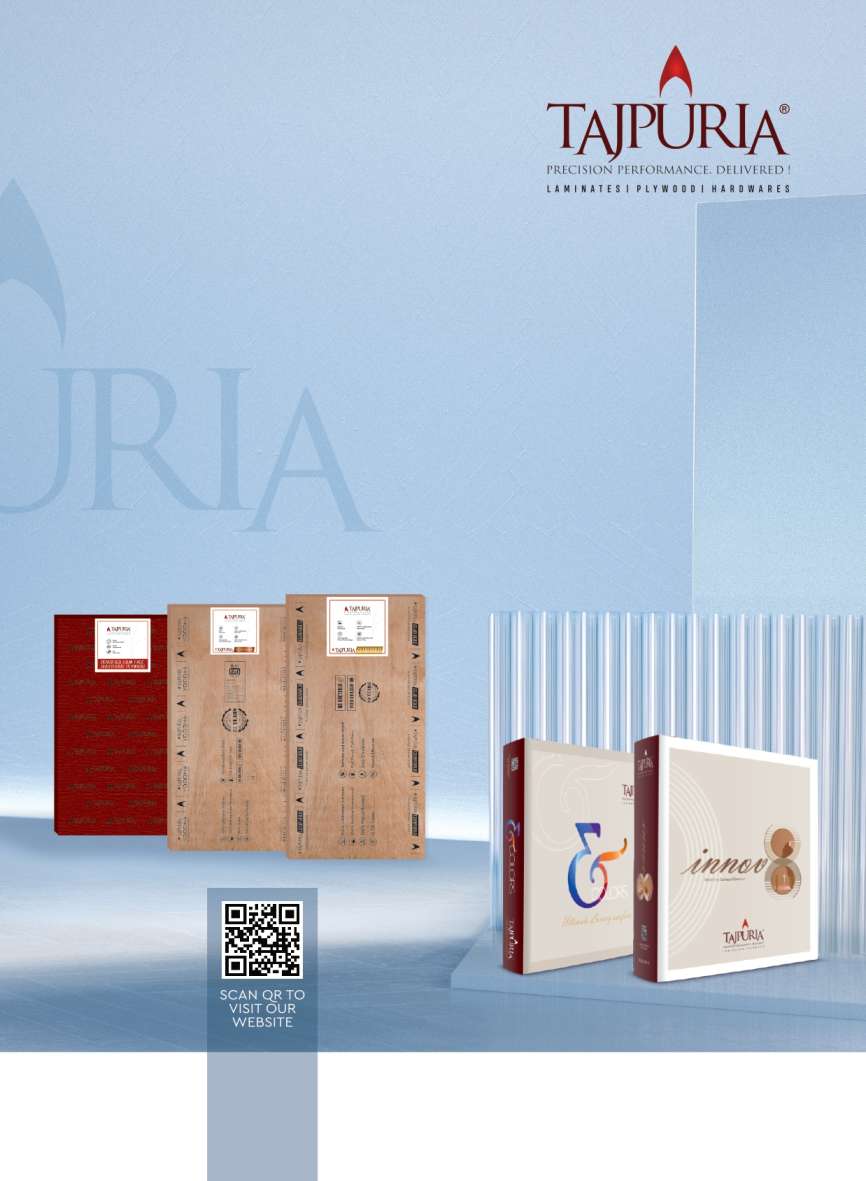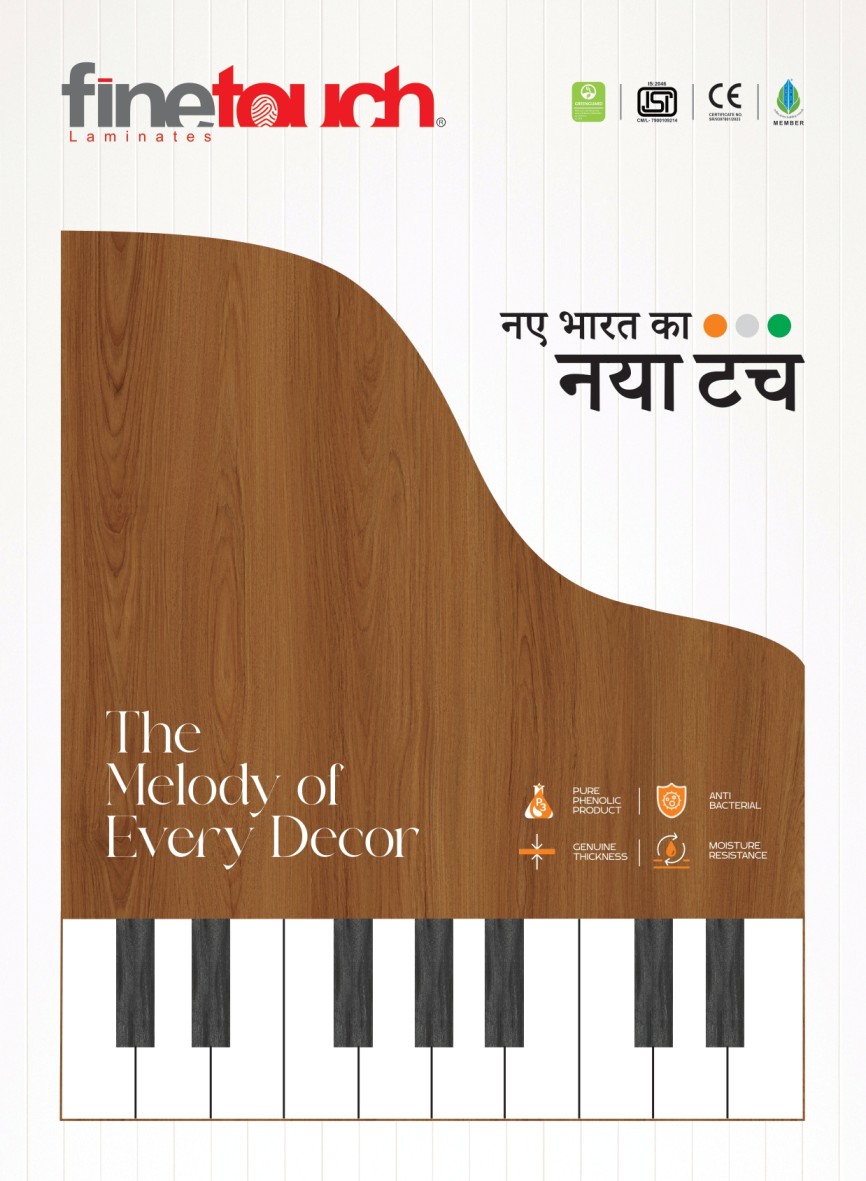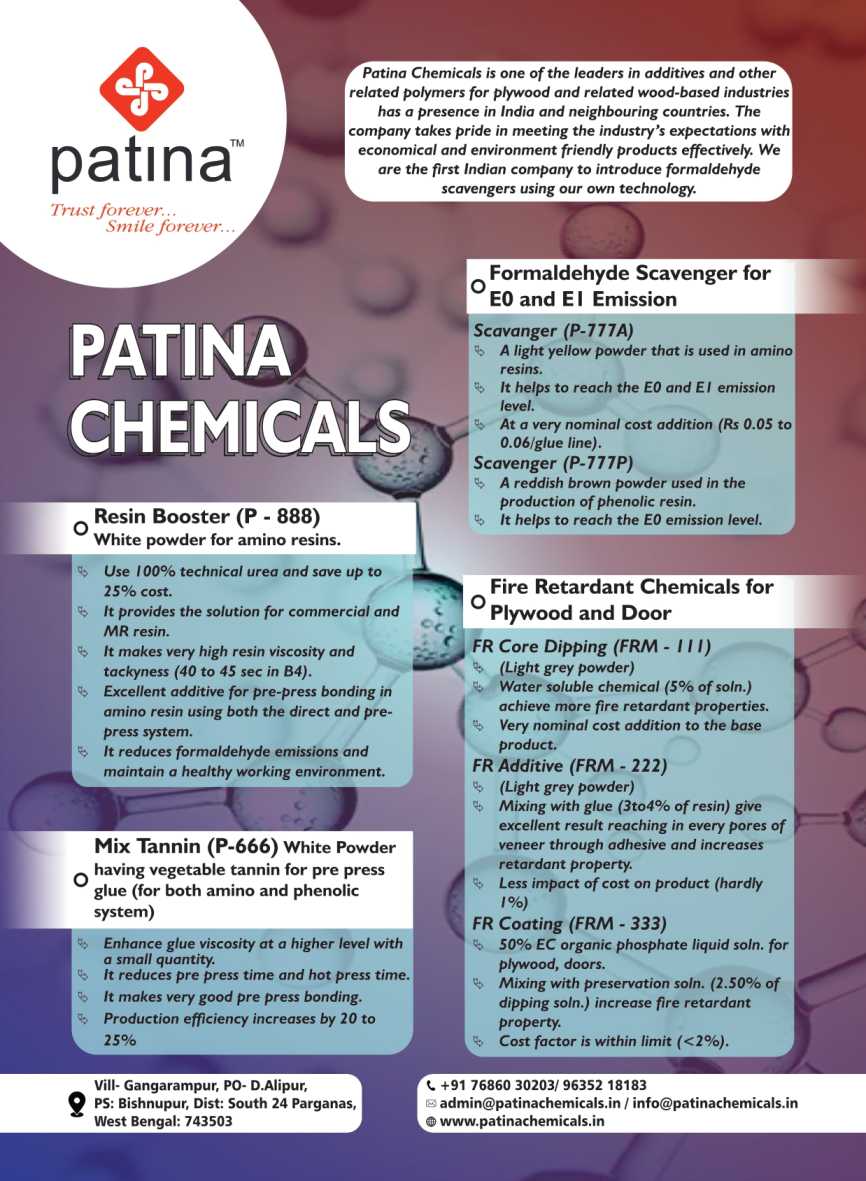Indian airlines are devising new fare structures where travelling without a check-in baggage may turn out to be 10-15 per cent cheaper.
- मार्च 22, 2021
- 0
Recently the Directorate General of Civil Aviation (DGCA) allowed airlines to unbundle services, including check-in baggage, implying airlines can charge for them as extra. Currently, it is compulsory for airlines to allow at least 15 kg of luggage without any charge.
Unbundling — dividing the product or service into separate elements and selling them each at different prices — is a profit maximisation strategy, primarily aimed at attracting the price-sensitive customer. This is not the first time that the DGCA has allowed hand luggage fare.
The last time the DGCA had permitted this was in 2016. It made it mandatory that in case a passenger books hand luggage fare but turns up with extra luggage at airports, airlines can charge only R200 extra.
Airlines tried it for some time but couldn’t make it a commercial success,”
But DGCA has made a crucial change this time where airlines are free to charge.
Most of the tier-1 routes, which are between metro cities, are heavily dominated by corporate traffic where passengers normally travel with a laptop bag and return the same day. They don’t need the 15 kg baggage allowance. The new rules by DGCA will allow to provide them with a lower fare structure.
This will lead to a change of habit for Indian consumers.
Moving passenger baggage is an intensely manual operation and increases costs for airlines. Once bags are tagged, they are sorted and placed on trucks where they are manually loaded into the aircraft. The unloading process is more cumbersome. Bags are taken out of the aircraft, loaded onto trucks to be driven into the airport carousel. For connecting passengers, it needs to be rerouted to a separate aircraft.
डीजीसीए ने विमानन कंपनियों को सामान के लिए अलग से शुल्क लेने की अनुमति दी
भारतीय विमानन कंपनियां किराये के लिए एक नए ढांचे को तैयार कर रही हैं जिसके तहत बिना चेक-इन बैगेज की यात्रा 10 से 15 फीसदी तक सस्ती हो सकती है। पिछले सप्ताह विमानन नियामक डीजीसीए ने विमानन कंपनियों को चेक-इन बैगेज सहित सेवाओं को हटाने की अनुमति दी थी। इसका मतलब साफ है कि विमानन कंपनियां चेक-इन बैगेज के लिए अतिरिक्त शुल्क ले सकती हैं। फिलहाल विमानन कंपनियों को कम से कम 15 किलोग्राम तक के सामान के लिए यात्रियों को मुफ्त सुविधा उपलब्ध कराना अनिवार्य है।
अनबंडलिंग यानी उत्पाद अथवा सेवा को विभिन्न घटकों में अलग करना और प्रत्येक के लिए अलग से मूल्य निर्धारित करने का उद्देश्य लाभप्रदता को बेहतर करना और मूल्य के प्रति अधिक संवेदनशील यात्रियों को आकर्षित करना है। ऐसा नहीं है कि डीजीसीए ने पहली बार हैंड लगेज के लिए किराया वसूलने की अनुमति दी है। पिछली बार 2016 में डीजीसी ने इसकी अनुमति दी थी और अनिवार्य किया था कि यदि यात्री हैंड लगेज किराये की बुकिंग करता है लेकिन अपने सामान के साथ हवाई अड्डे तक पहुंचता है तो विमानन कंपनी केवल 200 रुपये अतिरिक्त वसूली कर सकती है।
विमानन कंपनियों ने कुछ समय तक इसे बरकरार रखा लेकिन इसे वाणिज्यिक तौर पर सफल नहीं बनाया जा सका। इस बार डीजीसीए ने एक महत्त्वपूर्ण बदलाव किया है और विमानन कंपनियों को इस मामले में शुल्क वसूलने के लिए स्वतंत्र कर किया है। विमानन कंपनियों को प्रदान की जाने वाली नई वाणिज्यिक स्वतंत्रता उन्हें अपने ग्राहकों को कम किराये के साथ हवाई यात्रा के लिए आकर्षित करने में मदद करेगी।
महानगरों के बीच अधिकतर टियर-1 मार्ग पर काॅरपोरेट यात्रियों की आवाजाही होती है जो आमतौर पर एक लैपटाॅप बैग के साथ यात्रा करते हैं और उसी दिन वापस आ जाते हैं। उन्हें 15 किलोग्राम सामान के लिए भत्ते की आवश्यकता नहीं होती है। ऐसे में डीजीसीए के नए नियमों के तहत उन्हें कम किराया ढांचा उपलब्ध करा सकते हैं।
अधिक सामान के साथ यात्रा में विमानन कंपनियों को काफी काम मैनुअल तरीके से निपटाना पड़ता है जिसकी लागत अधिक होती है। सामान पर टैग लगते ही उसे ट्रकों पर लादना और विमानन तक पहुंचना आदि सब काम मैनुअल तरीके से किया जाता है।































































